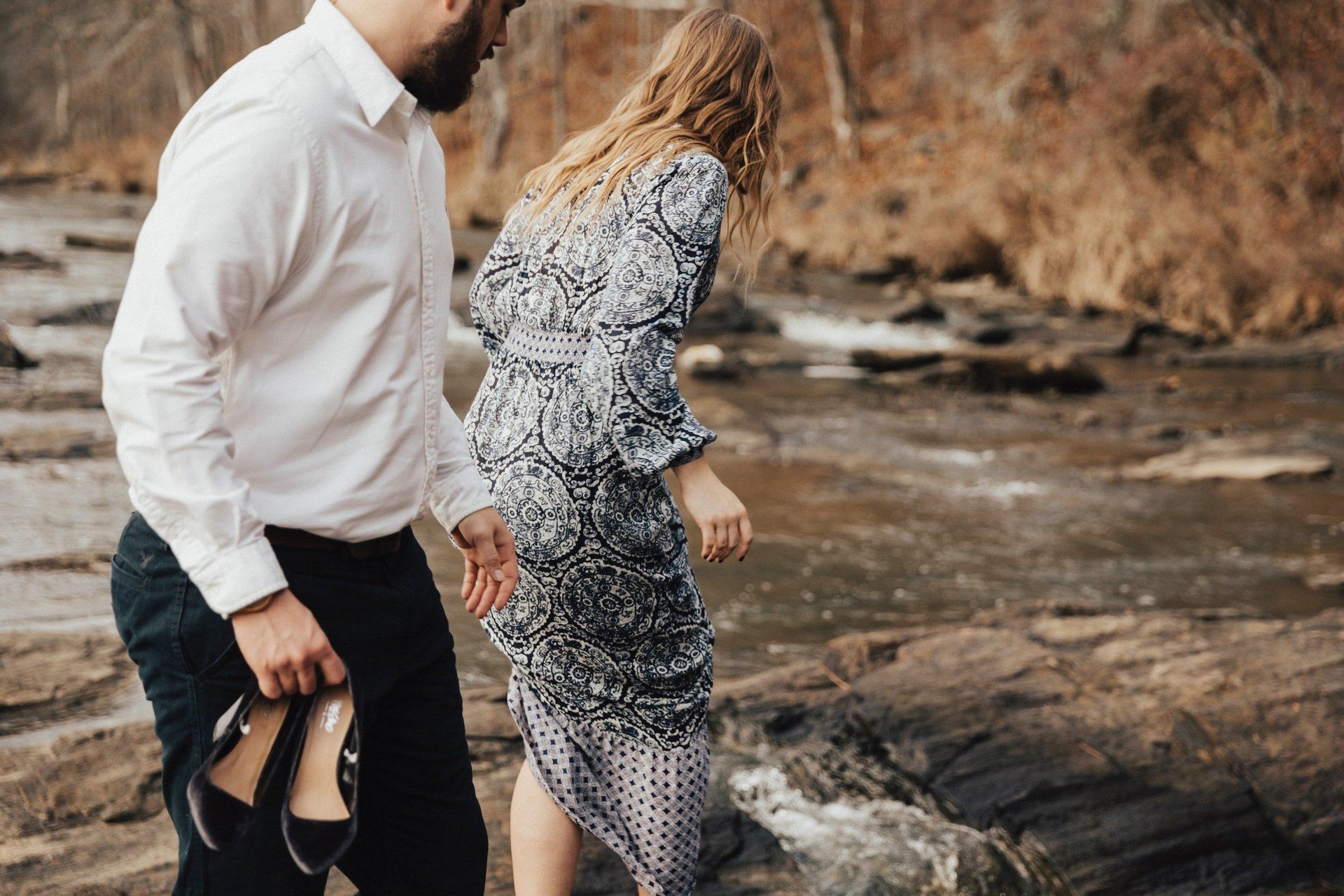Step Into Sweetness
Take off your shoes and dip your toes into sweet water
This essay was instigated when Amanda Turner asked me to write a post for the new project she and her husband Mike have created for all of us,
The Sweet Life:
Principles To Live By
. When I saw the invitation to join their group, I think I was the very first person to sign up, because I believe it's so important AND because Amanda and Mike speak with the integrity and authenticity of experience. They live what they are sharing with us.
I have more about The Sweet Life
at the bottom of this post. If you are interested in profound living at all, be sure to check it out.
-------------------------------------------------------
I'm a huge fan of Amanda,
of
her writing and
just the way she lives her life
but, as you know, I'm not one to do exactly what I'm asked to do so I didn't write a short post. Instead wrote this essay, part of which I'll share in a post for Amanda.
I couldn't help myself. Once I started thinking about sweetness, I began to think of the many ways we describe our world as being sweet. Sweet isn't just a cube of sugar or a jar of honey. It's a whole lens for looking at what a life well lived feels like, how it is experienced, and how we can find nourishment when we are hungry for something richly rewarding and fulfilling.
Let's think about sweetness here, in some of its many forms.
Sweetgrass is harvested in midsummer, when the leaves are long and shiny. The blades are taken one by one and dried in the shade to preserve the color. A gift is always left in return.
Robin Wall Kimmerer, Braiding Sweetgrass, p. 119
I wonder what
flows through all of us, indeed through all species, that gives us life. What
is that sweetwater? That fresh, natural, lifegiving water? What is its
essence? What does it take to step into something deeper, never-quite-the-same, but always very cool?
I wonder what
it would mean to
leave a sweet and not a sour taste in another person’s mouth after each
encounter. And how can we find
that sweet spot in our world, where diverse views and experiences can be shared
and valued.
Indeed, I wonder about all of the senses – that sweet fragrance of the flower he gave you or of her perfume on that first date. Unforgettable. That sweet sight of your newborn swaddled in the blanket your mom made for her, the picture in all shades of pink – pink skin, pink blanket, pink mama. That sweet touch from your best friend when that whatever-happened-to-you happened. The hug, the hand on your arm – or the sweet P.D.A.s that brand new or lovers of a half-century just can’t keep themselves from sharing. Or the sweet taste of hot chocolate on a wintry afternoon.
How about the sweet sounds of the car door opening, the garage door creaking, the utility room opening, the coat being dropped, and then the step of your spouse entering the living room after spending the week on the road. The sweet nothings she whispers to him and he to her. The sweet dreams whispered to that little sweet pea all balled up under the covers, waiting for the good-nights.
Yes, I wonder about the sweet sound of that creek flowing by, the sweet smell of the wildflowers all around, the sweet sight of your two children splashing in that stream, the sweet touch of the scarf around your neck, and the sweet taste of camping coffee with just a scootch of that vanilla flavor you love so much.
It is in the mundane, the ordinary, and the everyday - the here-and-now - where we most often experience the sweet life.
To notice and to harvest these riches on an ongoing basis, however, depends on the practice of pausing and paying attention.
How many times have we missed the touch, the smell, the sound, the sight, the taste of that delicious, nourishing, beautifully presented dinner, imbued with the sweet love of someone-special's preparation, because our minds were concentrating on work, or paying the bills, or…or… instead of pausing from all those distractions and experiencing...that...moment...with the sweetheart who prepared it?
How many times have we taken that instant for granted and missed the kids splishing and the best friend fishing, the coffee sipping or the forest rain dripping?
How many times have we missed appreciating the unearned gifts – air to breathe, leaves to fall, mountains to see – that surround us continually, no matter what else is happening?
Pausing and savoring and experiencing is a practice. It is a stepping back from “what I plan to do” and a stepping into “what I am doing”. In the hurly burly of this consumer-driven, accomplishment-rewarding, recognition-seeking culture, it is – I submit – the simple, the ordinary, and the quotidian that both in the moment and over time can make life infinitely rich, extraordinary, and infinitely suffused with the sweetness of gratitude, humility, relationship, and generosity. Each of these are developed through practice, cost nothing, and are experienced only in the present. They cumulatively add up to a life well-lived.
If we will practice taking in that moment.
If we don’t miss a lifetime of stepping into sweet waters.
By developing those practices over time we are more prepared for those times which aren’t so sweet. We are readier for times that are brackish, sour, even rancid. When life offers up its inevitable challenges we will be as prepped as we can ever be. By planning, practicing, pausing, paying attention, and immersing ourselves in the amazing world that is here, right now, we can taste the sweet life we are already living.
Reference
Kimmerer, R. W. (2013). Braiding sweetgrass (First edition. ed.). Minneapolis, Minnesota: Milkweed Editions.
Sweetgrass, as the hair of Mother Earth, is traditionally braided to show loving care for her well-being. Braids, plaited of three strands, are given away as signs of kindness and gratitude.
Robin Wall Kimmerer, Braiding Sweetgrass, p. 203
More about
The Sweet Life:
Principles To Live By
(from their Facebook page):
The Sweet Life is a supportive community for those who seek to live fulfilling and impactful lives. For the past two decades, Mike and Amanda Turner have been on a journey to understand and live what they call “The Sweet Life,” following core principles centered around balancing LIFE, LIVELIHOOD, and LEGACY. This is a forum to share, support, and connect. If you are dedicated to living a life of meaning, fulfillment, and enjoyment, we want you here. Every week we’ll be sharing insights and strategies on topics including lifestyle, travel, business, parenting, relationships, health, writing, the art of working with your spouse, and many other aspects relating to living our best lives.












